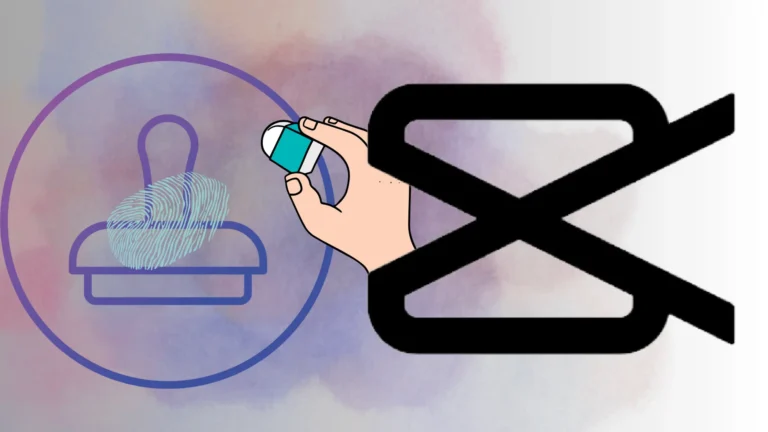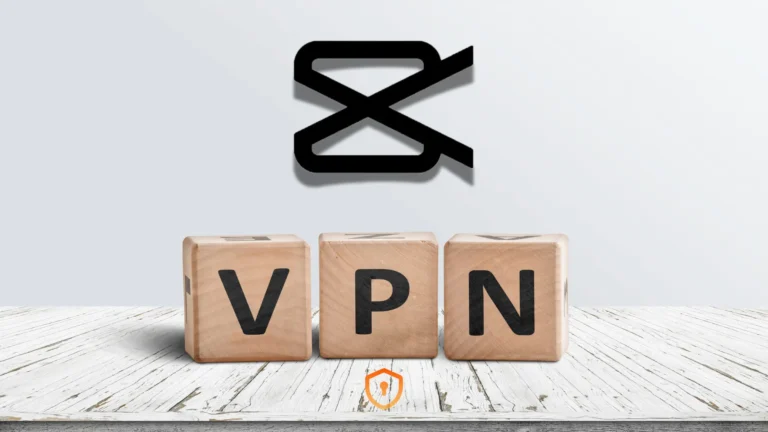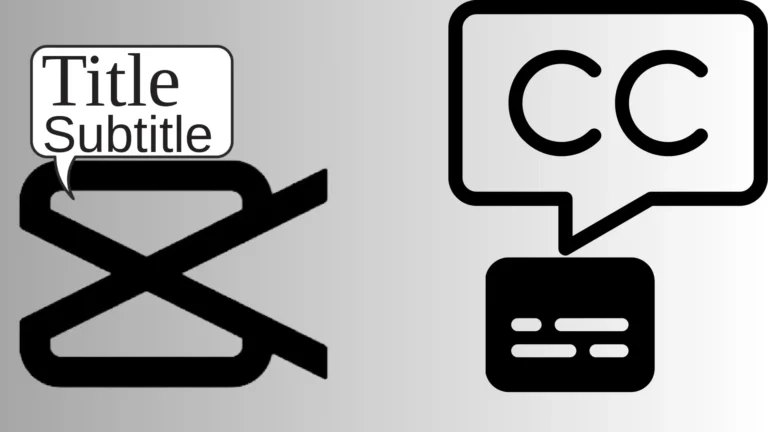How to Choose the Right Business Insurance for Small Enterprises in the USA
Business insurance is a critical component for safeguarding small enterprises against various risks. In the dynamic landscape of running a small business, securing the appropriate insurance not only protects your assets but also ensures compliance with legal requirements and enhances overall stability. However, navigating the complexities of business insurance can be daunting. This comprehensive guide aims to demystify the process of selecting the right business insurance for small enterprises in the USA.
Understanding Business Insurance
Business insurance encompasses a range of policies designed to protect against different types of risks. These policies provide financial protection against losses resulting from unforeseen events, such as natural disasters, accidents, or legal disputes. The types of insurance you might need will depend on the nature of your business, its size, location, and specific risks.
1. Assessing Your Business Risks
Identify Specific Risks: The first step in choosing the right insurance is to thoroughly assess the risks associated with your business. Different industries face different risks, so it’s essential to evaluate what could potentially harm your business. For instance, a retail business might face risks related to property damage, theft, or customer injuries, while a technology company might be more concerned with data breaches or intellectual property issues.
Consider Business Operations: Analyze how your daily operations could impact your risk profile. If your business involves handling hazardous materials or providing professional services, you may need specialized insurance coverage. Understanding your operational risks will help you determine which types of insurance are most relevant.
Types of Business Insurance
Once you’ve identified your risks, you’ll need to familiarize yourself with the different types of business insurance available. Each type of coverage addresses specific risks and offers distinct benefits.
1. General Liability Insurance
Coverage Details: General liability insurance is one of the most fundamental types of business insurance. It covers claims related to bodily injury, property damage, and advertising mistakes. For example, if a customer slips and falls in your store or if you’re sued for defamation due to an advertisement, general liability insurance can help cover legal costs and settlements.
Importance: This insurance is crucial for protecting your business from common liability issues and is often required by landlords or clients before entering into contracts.
2. Property Insurance
Coverage Details: Property insurance protects your physical assets, including buildings, equipment, inventory, and furniture, against risks like fire, theft, and vandalism. This type of insurance can help cover repair or replacement costs if your property is damaged or destroyed.
Importance: For businesses that own or lease physical space and have valuable assets, property insurance is essential for mitigating financial losses due to unforeseen events.
3. Workers’ Compensation Insurance
Coverage Details: Workers’ compensation insurance provides coverage for employees who are injured or become ill as a result of their work. It helps cover medical expenses, rehabilitation costs, and lost wages. Additionally, it provides protection against lawsuits related to workplace injuries.
Importance: This insurance is required in most states, making it not only a legal obligation but also a vital part of protecting your workforce and maintaining a positive work environment.
4. Professional Liability Insurance (Errors and Omissions Insurance)
Coverage Details: Professional liability insurance, also known as errors and omissions insurance, is essential for businesses that offer professional services or advice. It covers claims arising from errors, omissions, or negligence in the services provided. For example, if a client alleges that your advice led to financial loss, this insurance can cover legal defense costs and settlements.
Importance: This coverage is crucial for service-based businesses such as consultants, lawyers, and accountants, where the risk of professional errors is significant.
5. Business Interruption Insurance
Coverage Details: Business interruption insurance, or business income insurance, helps cover lost income and ongoing expenses if your business is unable to operate due to a covered event, such as a natural disaster. This policy can help replace lost revenue and cover operating costs during the downtime.
Importance: This insurance is particularly valuable for businesses that rely on continuous operations and would suffer significant financial losses if forced to close temporarily.
Shopping for Insurance
Get Multiple Quotes: Obtain quotes from several insurance providers to compare coverage options and pricing. Different insurers may offer varying levels of coverage and premiums, so it’s essential to evaluate all available options.
Compare Exclusions: Review the exclusions in each policy carefully. Exclusions are circumstances or situations that are not covered by the insurance. Understanding these exclusions can help you identify any gaps in coverage and ensure that you select a policy that aligns with your business needs.
Conclusion
Choosing the right business insurance for small enterprises in the USA involves careful consideration of your specific risks, understanding various insurance types, and evaluating coverage options. By assessing your risks, selecting appropriate insurance policies, and regularly reviewing your coverage, you can protect your business from potential threats and ensure its long-term success. Consult with insurance professionals if needed to navigate the complexities of business insurance and secure the coverage that best meets your needs.






